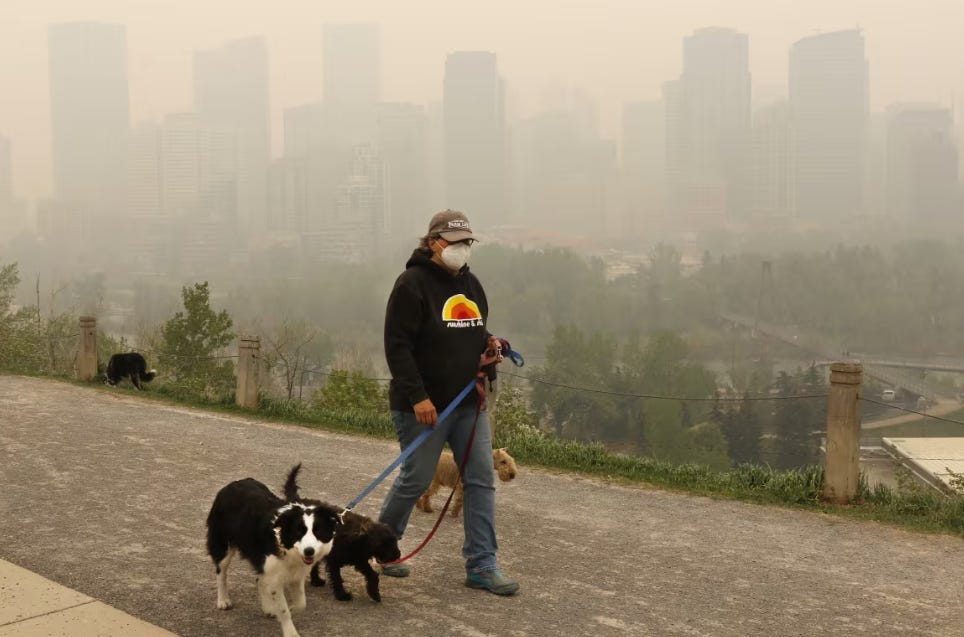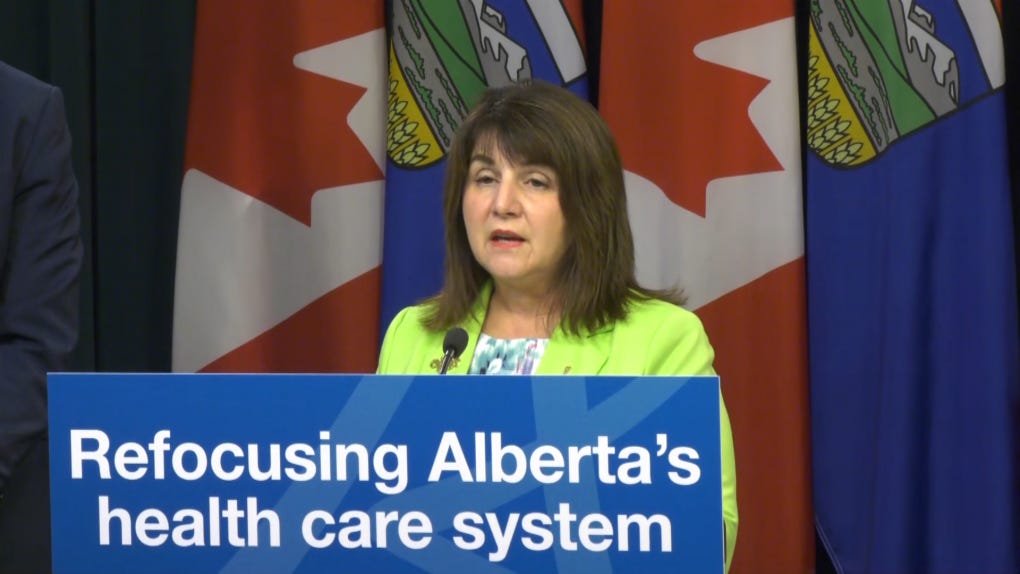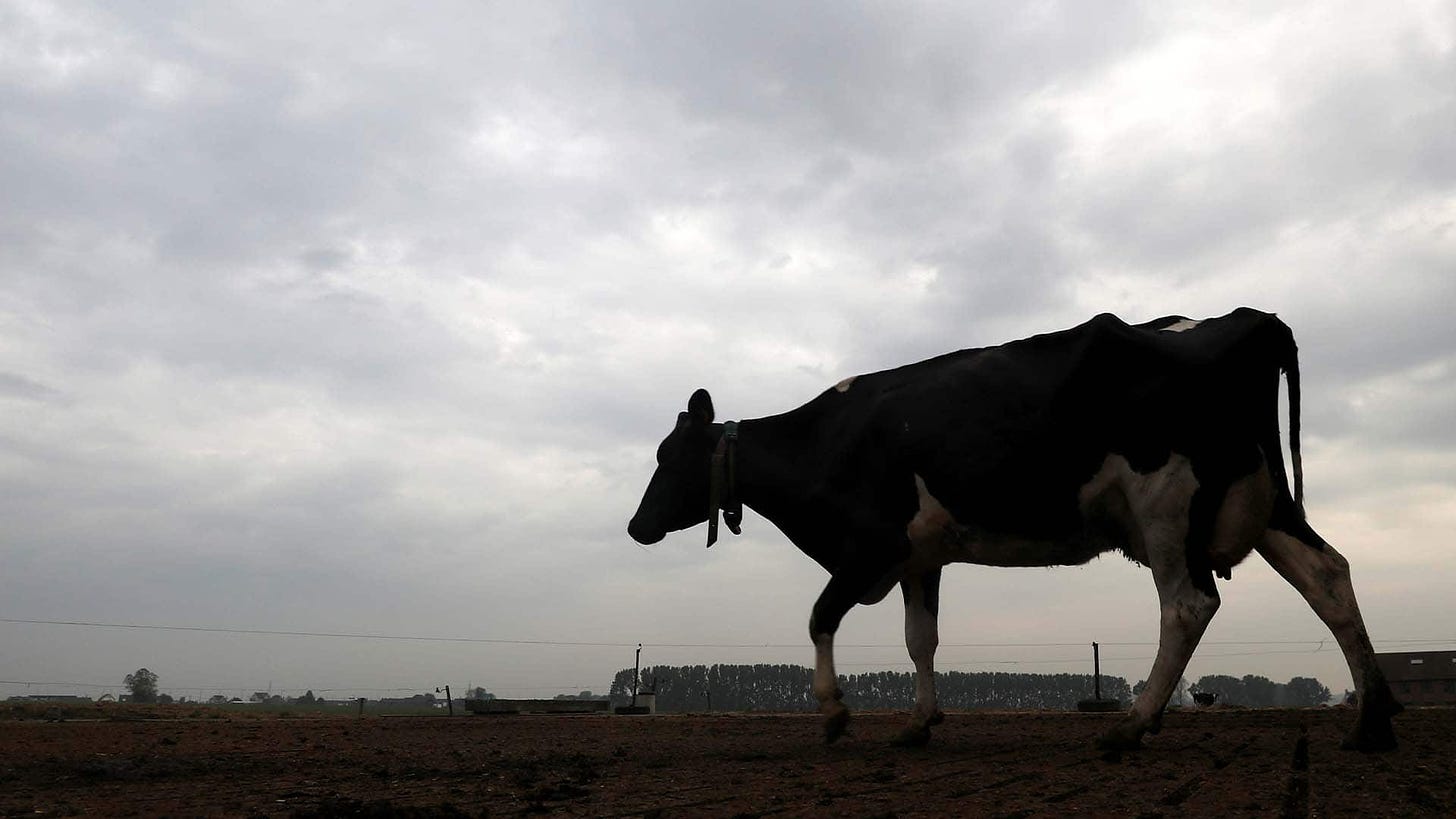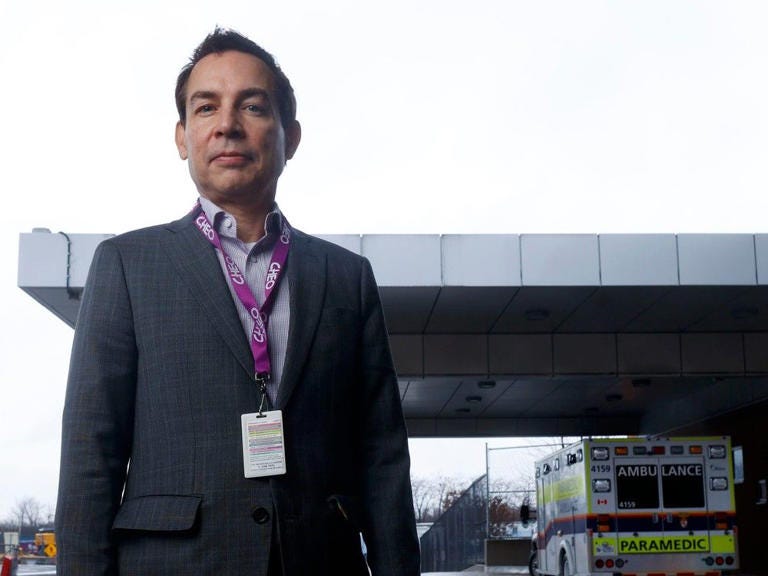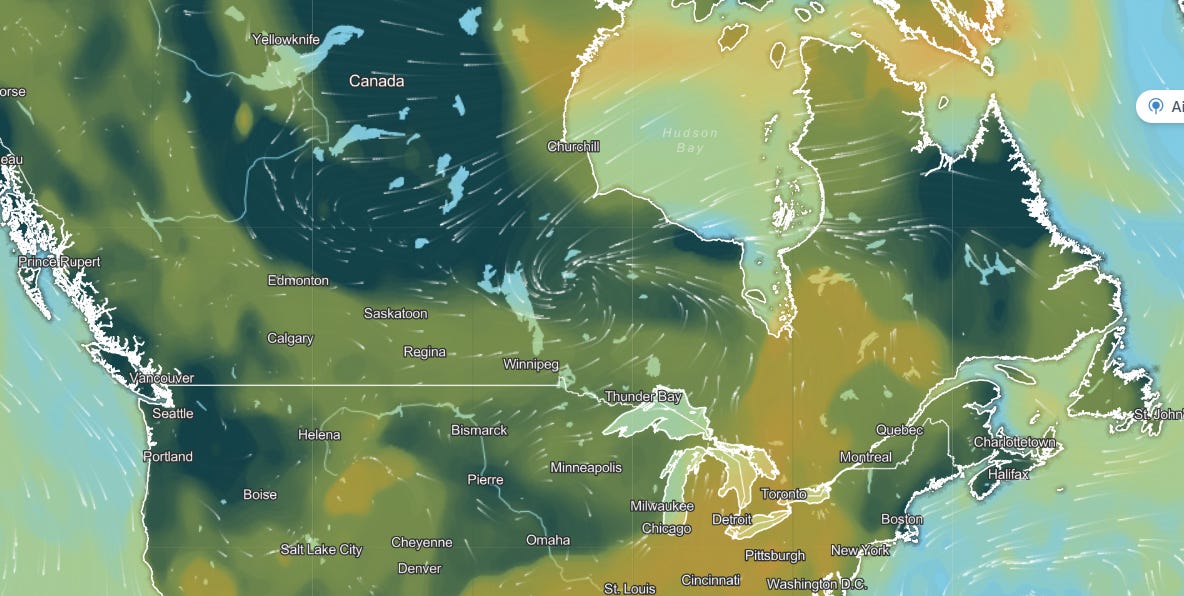You’re reading the web version of The Weekly Dose, our newsletter on health care and medical news. Sign up to get it next Sunday.
Hello Healthwatchers! 👨🏻⚕️
Nothing particularly earth-shattering this week (which is good), though the ongoing challenges in healthcare continue to make headlines. This week brings to light a few solutions that could ease some of our healthcare woes, with a few key updates on stories we've been following.
Should we stop tying disability support to a doctor's signature?
Applying for disability income assistance is complex and restrictive, requiring medical assessments that delay supports for those who need them, and create countless hours of admin burden for care providers.
Why it's important: Assessments for disability support in B.C. are restricted to MDs and NPs. Advocates argue that other qualified professionals like social workers or therapists should be able to validate applications.
Proposed reforms could alleviate the strain on primary care while better respecting disability rights. For potential applicants, an endless course of appointments and medical forms is a deterrent to applying for supports, so a relaxation of this barrier would predictably result in increased program enrollment. As some provinces broaden the scope of practice for pharmacists, encouraging them to take on primary care roles, it’s notable that pharmacists haven't been floated as one of the possible professions to take on this function.
Read more…
Alberta physicians alarmed over wildfire smoke risks
Calgary's first significant smoke intrusion of the season has local physicians concerned about the long-term public health effects of repeated smoke exposure.
Why it's important: Doctors warn that continuous exposure to wildfire smoke—which is more toxic than typical air pollution—significantly increases the risk of chronic lung and heart disease, and cancer.
Last week, over 140 wildfires were reported across the country. As the frequency of smoke events continues to rise, experts stress the importance of adapting to new realities by enhancing public understanding of air quality indices and encouraging protective measures like wearing respirator masks, and using indoor air filters. Education, awareness and preparedness are key to mitigating significant long-term health impacts as smoke events become an increasingly common fixture of our lives.
Read more…
Alberta gets a new health system
Alberta is set to replace Alberta Health Services with four new health-focused agencies, breaking up the province’s once-lauded integrated health services model.
Why it's important: The reorg, spearheaded by Health Minister Adriana LaGrange, will establish distinct entities for primary care, acute care, continuing care, and mental health and addiction. Eventually, each new agency could have its own “sector minister.”
Officials assert that the restructuring will boost efficiency, reduce wait times, and increase access to family doctors. Despite concerns about potential service disruption and care fragmentation, the government maintains that the transition will be smooth, with protections ostensibly in place for existing employment and bargaining conditions. It's not yet known where public health will reside within the new $85-million restructuring initiative.
Read more…
Experiments suggest you can’t catch H5N1 from properly cooked beef
In new food safety tests, the USDA aimed to confirm that H5N1 is inactivated in ground beef when cooked to standard internal temperatures.
Why it's important: Cooking beef to at least 145°F / 63°C (medium) effectively eliminated the virus from beef samples infected with a surrogate virus.
For Canada’s part, the CFIA tested 142 retail milk samples from across the country and found no signs of H5N1. Both here and in the US, experts have called for financial supports for farms in the event of positive H5N1 results to make sure surveillance isn’t disincentivized. Last week, NPR journalist Chiara Eisner took samples of raw milk to a Texas lab, which declined to test them for H5N1 on the basis that they didn’t have permission from the farms, who were worried about the economic impacts of positive results. Read more…
North Carolina could soon outlaw wearing masks in public
The North Carolina State Senate voted to potentially outlaw health-based masking in public. The provision is part of a bigger bill increasing penalties for masked criminal activities, catalyzed by recent protests against the war in Gaza.
Why it's important: If you read the Weekly Dose regularly, you’ll know here and there I like to throw in an American story. This one piqued my interest for several reasons.
The new bill aims to repeal a 2020 exemption allowing masks to be worn in public for health reasons. Prior to COVID, public masking had been made mostly illegal since the 1950s in an effort to quell Ku Klux Klan activity within the state. If passed, the bill will significantly impact individuals with compromised immune systems who rely on masks for protection in public spaces. Critics point out that the bill not only poses a direct threat to vulnerable populations, but that it also infringes on personal freedoms.
Read more…
CHEO faces doctor shortage due to outdated funding model
The Children's Hospital of Eastern Ontario (CHEO) is facing a physician shortage that affects its ability to deliver timely care to paediatric patients, prompting some to seek treatment out-of-province.
Why it's important: Funding hasn't kept pace with other jurisdictions’ competitive pay or with increased demand for pediatric care, leading to an inability to recruit and retain physicians at CHEO.
The pediatric capacity shortfall is so significant that less than 40% of children at CHEO receive care within clinically safe timelines. Ongoing arbitration between the Ontario Medical Association and the Ministry of Health, which has been criticized for downplaying the doctor shortage, complicates things. There’s often lots of talk about the importance of initiatives to boost the retention of health professionals, but rather than reinventing the wheel, we might just need to pay them more.
Read more…
That’s a wrap on today’s edition. Thanks for joining me, I’ll be back next week with more updates. Stay safe and mind that air quality!
Happy long weekend. 🌥️
Nick Tsergas
National Health News Editor
Canada Healthwatch
[email protected] | canadahealthwatch.ca

